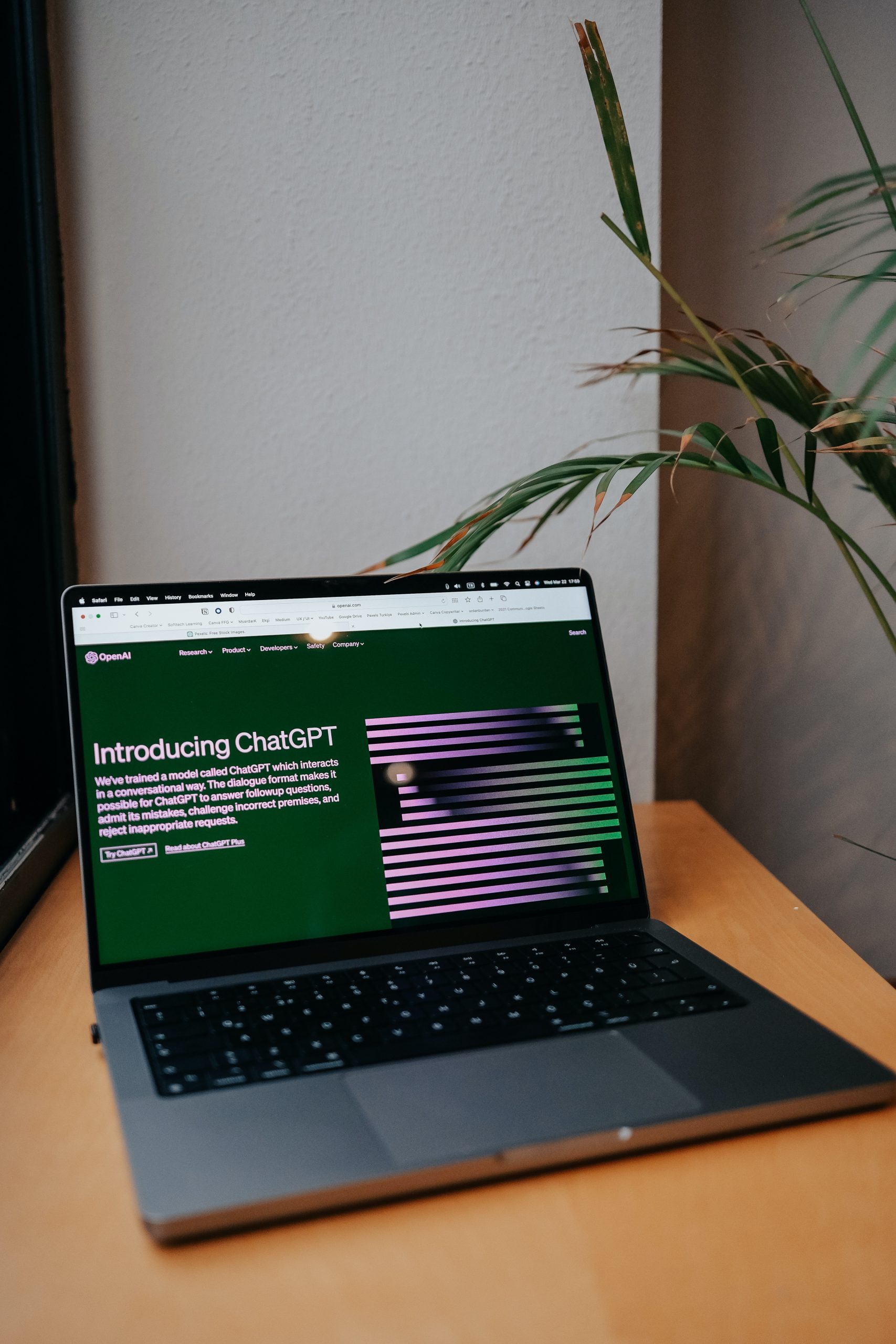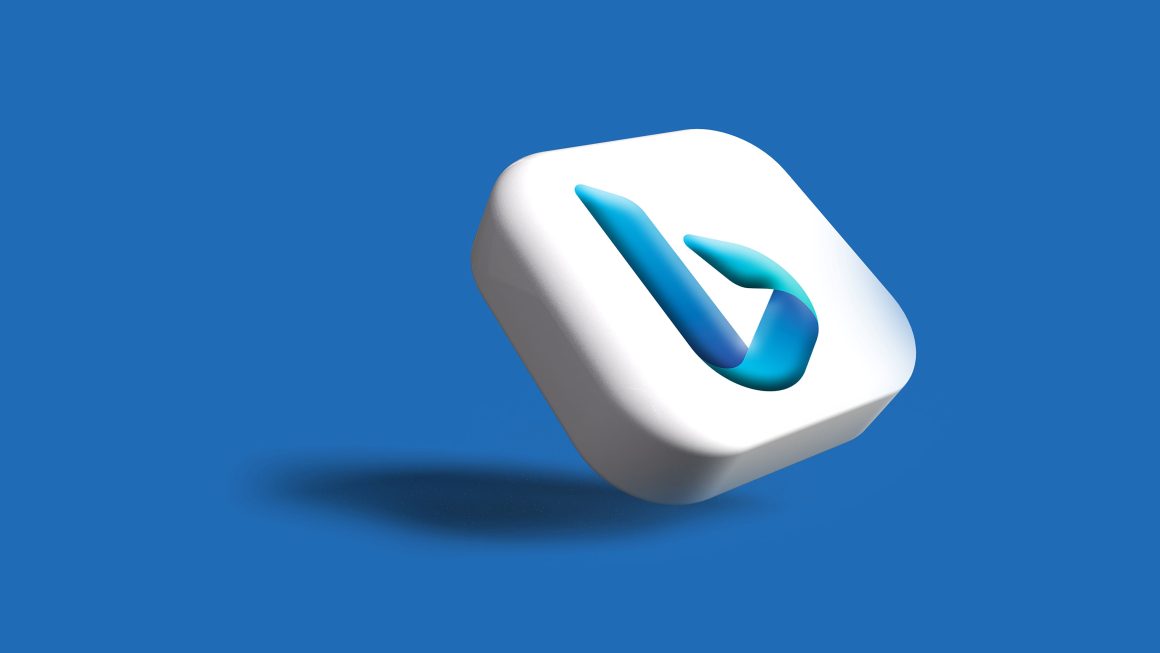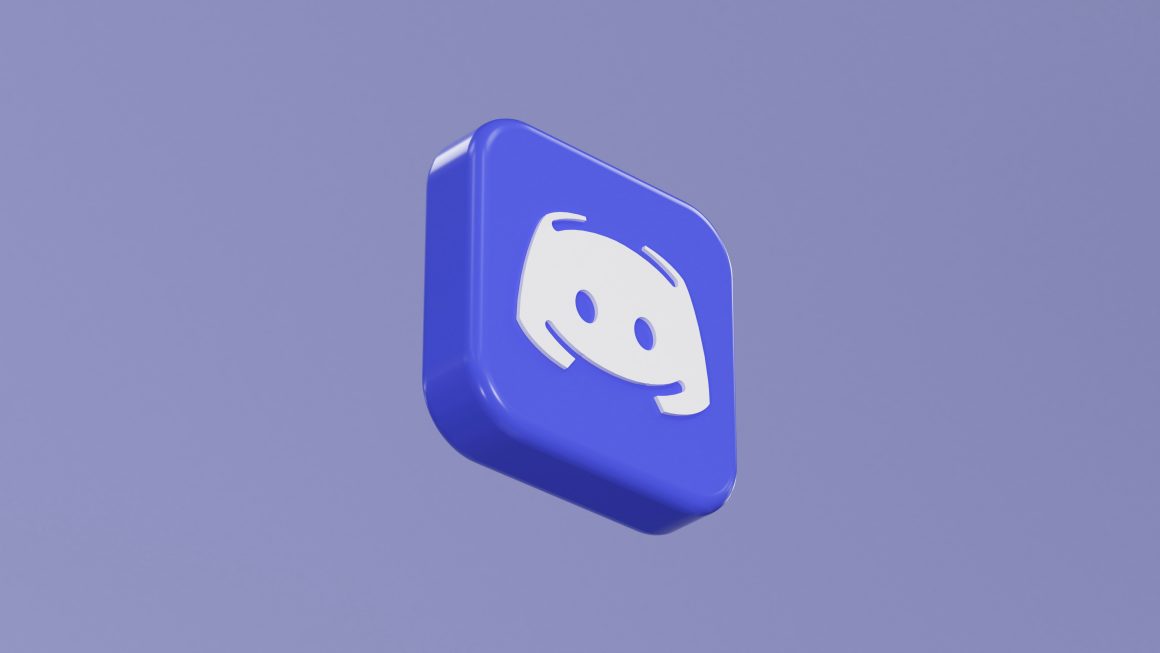Freelance writing has entered a new era with the advent of artificial intelligence (AI), and ChatGPT is at the forefront of this evolution. As a versatile AI language model, ChatGPT offers writers a unique set of tools and capabilities to enhance their craft. However, like any tool, it’s essential to use ChatGPT effectively and responsibly. In this article, we’ll explore the do’s and don’ts of using ChatGPT as a freelance writer to maximize its benefits while maintaining the authenticity of your work.

The Do’s
1. Use ChatGPT for Inspiration
ChatGPT can be a valuable source of inspiration for generating new ideas, brainstorming, and overcoming writer’s block. Use it as a springboard to kickstart your creativity.
2. Drafting and Outlining
Leverage ChatGPT to help you draft initial outlines or sections of your articles. It can provide you with a solid foundation on which you can build and expand your content.
3. Research Assistance
ChatGPT can assist in finding relevant sources and information for your articles. It can summarize lengthy articles or studies, saving you time in the research phase.
4. Grammar and Syntax Check
Use ChatGPT to proofread your work and identify potential grammar and syntax errors. It can serve as an additional set of eyes before you submit your final piece.
5. Generate Ideas for Subheadings
Struggling with organizing your content? ChatGPT can help generate subheadings that effectively divide your content into meaningful sections.
6. Expanding on Ideas
If you’ve outlined your article but need to expand on certain points, ChatGPT can provide additional insights and details to enrich your content.

The Don’ts
1. Overreliance on ChatGPT
While ChatGPT is a powerful tool, don’t solely rely on it for your copywriting. Your unique voice and perspective as a writer are what set you apart.
2. Plagiarism and Originality
Avoid directly copying content generated by ChatGPT. Always ensure that your work is original, and if you do use ChatGPT’s suggestions, rephrase them to maintain authenticity.
3. Lack of Editing
ChatGPT’s responses may not always be polished or error-free. Don’t skip the crucial step of thoroughly editing and refining your content after using ChatGPT.
4. Sacrificing Quality for Speed
While ChatGPT can expedite the writing process, don’t sacrifice the quality of your work for the sake of speed. Always prioritize delivering well-crafted content.
5. Misrepresenting Expertise
Don’t use ChatGPT-generated content to misrepresent your expertise on a topic. Ensure that you genuinely understand and can discuss the subject matter.
6. Ignoring Feedback
If you’re working with clients, don’t disregard their feedback or suggestions in favor of ChatGPT-generated content. Collaborate and iterate based on their input.
Best Practices for Integrating ChatGPT
– Set Clear Boundaries: Define when and how you’ll use ChatGPT in your writing process. Establish a balance that aligns with your writing style and ethical standards.
– Edit and Personalize: After using ChatGPT, carefully edit and personalize the content to reflect your unique voice and perspective as a writer.
– Cite Appropriately: If you incorporate ideas or insights from ChatGPT, make sure to cite them properly. Give credit where credit is due.
– Proofread Thoroughly: Always proofread and edit the content generated by ChatGPT to ensure it meets your quality standards.
– Practice Ethical Use: Use ChatGPT as a supplement to your writing skills, not a replacement. Uphold ethical standards by producing original and valuable content.
Integrating ChatGPT into your freelance writing toolkit can be a game-changer, enhancing your efficiency and productivity. However, responsible usage is key. By following the do’s and don’ts outlined in this article, you can harness the power of ChatGPT while maintaining the authenticity, originality, and quality of your work. Embrace ChatGPT as a supportive tool that complements your writing prowess and leads to even greater success in your freelance writing endeavors.




